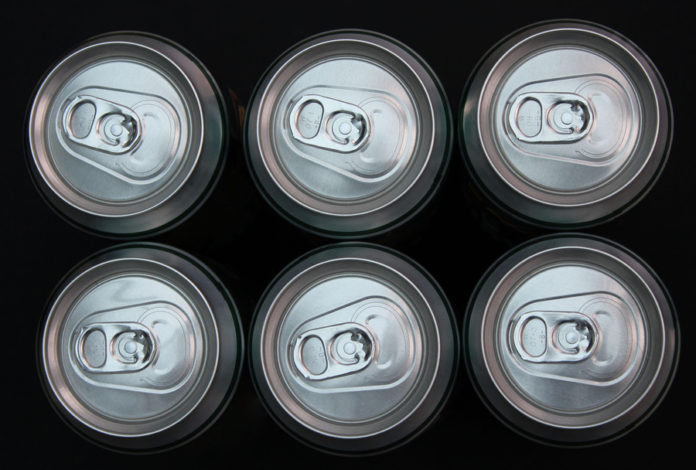
Update 3/8/2018: Today, Trump signed proclamations making the tariffs official. They will go into effect in 15 days. Canada and Mexico are exempted.
The food and beverage industry has been swift to react to Trump’s proposed 25% tariff on steel imports and 10% tariff on aluminum imports. By and large, that reaction has been negative, with industry representatives saying that the tariffs would increase costs for food and beverage companies, which would in turn lead to higher costs for consumers.
MillerCoors was one of the first companies to react, posting on Twitter:
“We buy as much domestic can sheet aluminum as is available, however, there simply isn’t enough supply to satisfy the demands of American beverage makers like us. American workers and American consumers will suffer as a result of this misguided tariff.”
Robert Budway, president of the Can Manufacturers Institute told MarketWatch:
“A tariff on these aluminum and steel products will harm our industry and put food and beverage cans at a disadvantage among competitive packages, such as plastic and glass, which are not subject to tariffs. This would ultimately harm U.S. consumers, who would pay more for canned food and beverage products.” He also suggested the tariffs could cause U.S. can manufacturing plants to close, leaving as many as 10,000 workers without a job.
Jim McGreevy, president and CEO of the Beer Institute, also noted a potential loss of jobs:
“Aluminum is critical to the well-being of America’s beer industry as more than half of the beer produced annually is packed in aluminum cans or aluminum bottles….According to third-party analyses, this 10% tariff will create a new $347.7 million tax on America’s beverage industry, including brewers and beer importers, and result in the loss of 20,291 American jobs.”
After Commerce Secretary Wilbur Ross used a can of Campbell’s Soup to suggest that the tariffs are “no big deal,” a representative from the company told CNBC:
“Any new broad-based tariffs on imported tin plate steel — an insufficient amount of which is produced in the U.S. — will result in higher prices on one of the safest and more affordable parts of the food supply.”
Jeff Beckman, a spokesman for The Hershey Company, told NPR:
“Such a broad and sweeping order could have a negative impact on the entire U.S. economy, potentially costing U.S. jobs and ultimately, hurting American consumers through higher prices for everyday products.”
John Hayes, president and CEO of Ball Corporation, which provides metal packaging for food and beverage products, told BeverageDaily:
“Aluminum can sheet and tinplate steel have no national security applications, and tariffs on them likely will have negative downstream impacts on food and beverage manufacturers, as well as increased prices for consumers.”
Grocery Manufacturers Association spokesman Roger Lowe told Politico:
“[The tariffs] will act as a regressive tax on food, beverage and consumer products, driving up costs for American families and mitigating economic momentum our industry is beginning to realize via tax reform.”
Do you or your company have a perspective on how the tariffs will impact the food and beverage industry? Tell us in the comments or email us at [email protected].








